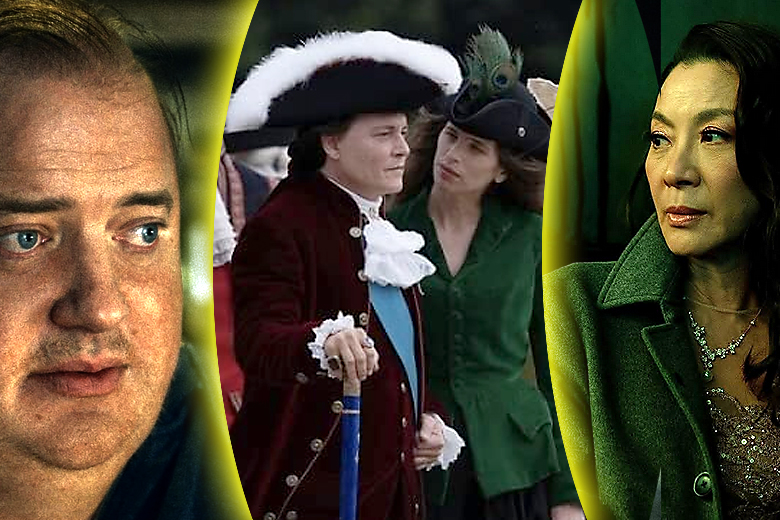Director Denis Villeneuve’s film “Dune: Part Two” successfully launched in theatres, amassing $178.5 million over its opening weekend. This total includes $97 million from international markets and $81.5 million from the American box office, making the second instalment of “Dune” the highest-grossing premiere of the year in the USA, according to Variety.
Specifically, the second instalment of the franchise, based on the novels by Frank Herbert, outperformed Christopher Nolan’s “Oppenheimer,” which garnered $174 million in its opening weekend.
The “Dune” sequel also brought in the highest earnings among all of Villeneuve’s films. The most successful screenings were in countries outside the USA, such as the United Kingdom ($11.8 million), France ($9.6 million), and Germany ($9.1 million). Regarding box office earnings in Ukraine, information has not yet been made public.
Compared to the first instalment, the second “Dune” also proved to be more successful. The first part, released in 2021, only collected $41 million in its opening weekend at the US box office. However, this figure for the first part can be attributed to its simultaneous release in theatres and on the HBO Max platform, which influenced its results.
The film’s premiere was postponed at least three times: initially, the second “Dune” was supposed to be released on October 20, 2023, then it was rescheduled for November, and later for March 2024. Warner Bros. and Legendary Entertainment spent $190 million on the film’s production and approximately $100 million on its promotion.
The Gaze previously reported that some of the lenses used during the shooting of the second “Dune” were made by the Ukrainian company IronGlass.
Development of the lens body and mechanics began in 2021, with prototypes being made in 2022. Despite the challenges associated with the full-scale Russian invasion, the company’s team continued to work, with some employees even working from trenches. This dedication allowed IronGlass to deliver pre-production lenses to Greig Fraser on time, chosen from “thousands of other options.”
ARRI Rental, a supplier of filming equipment for directors, notes that among all exclusive offers, cinematographer Greig Fraser opted for restored 1980s film cameras combined with modified lenses from the Soviet era provided by IronGlass, as well as some of his own devices.
Source: The Gaze







